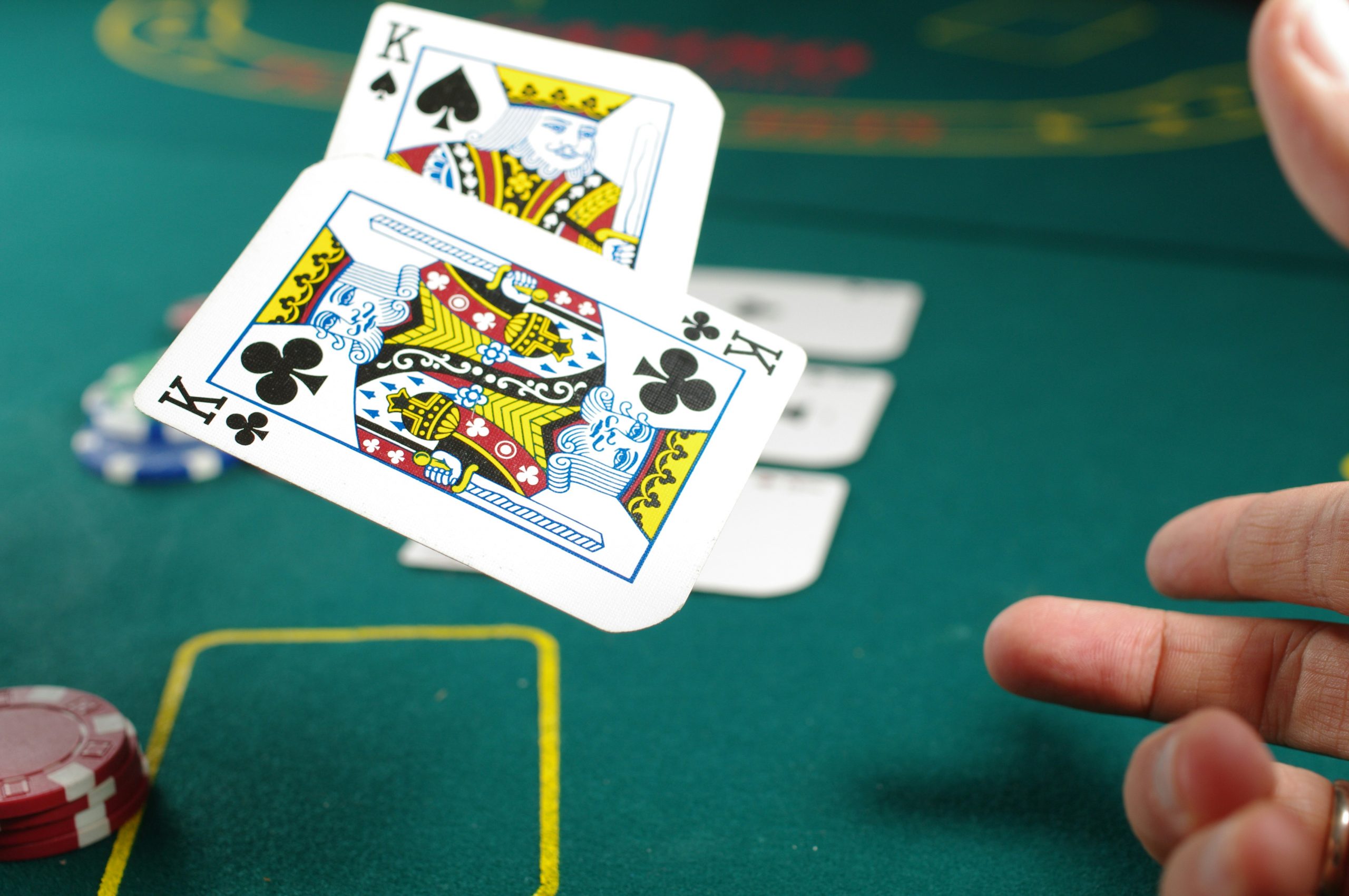Are you looking to know How to Analyze Your Online Poker Session Results Effectively? then read this article to find out How to Analyze Your Online Poker Session Results Effectively

Proper session analysis turns raw poker data into useful insights. It helps players improve future performance. Many track only wins. Many track only losses. They often miss key details that show weaknesses in their game. Playing on toto878 allows players to track accurate results clearly. Systematic analysis reveals patterns. These patterns show why some players win consistently while others struggle. Careful tracking strengthens decision-making and overall strategy.
Study hand histories
Hand history review represents the most valuable analysis tool available to online poker players since it provides exact records of every decision made during play. Reviewing controversial hands helps identify mistakes in logic, missed value opportunities, and bluffs that failed due to poor timing or sizing choices.
- Focus on the largest pot hands first since these decisions impact results most dramatically
- Examine folded hands to spot missed opportunities for value betting or successful bluffs
- Review calling decisions in marginal spots to determine if fold would have been better
- Analyze betting patterns to ensure proper sizing for value extraction plus bluff frequency
- Study opponent tendencies revealed through multiple hands played against the same players
Effective hand review involves questioning every decision rather than simply confirming choices that worked out favourably. Many players review only losing sessions while ignoring winning sessions that might contain costly mistakes masked by fortunate outcomes. This selective review creates blind spots that prevent improvement in areas where luck covered poor decision-making during otherwise profitable sessions.
Calculate key statistics
Statistical analysis reveals playing trends that gut feelings cannot detect accurately over small sample sizes. Win rates, aggression factors, position awareness, and showdown percentages provide objective measures of playing strength across different game situations. These numbers help identify specific areas needing improvement while confirming strengths to exploit more frequently. Essential statistics include voluntarily put money in the pot percentage, preflop raise frequency, continuation bet success rates, and three-bet percentages from different positions. Advanced metrics like fold to three-bet, river aggression, and showdown winning percentage reveal sophisticated playing patterns that separate strong players from weak ones. Tracking these numbers over thousands of hands creates reliable baselines for measuring improvement in specific skill areas.
Identify leak patterns
Pattern recognition helps identify recurring mistakes that reduce profits across multiple sessions. Common leaks include playing too many hands from early position. It also includes calling three-bets too often. Another mistake is betting too small for value. Bluffing at the wrong frequencies in certain situations is also a common error.
- Position-based analysis shows which seats produce consistent losses despite adequate hand selection
- Time-based patterns reveal whether late-night sessions or weekend play affects decision quality
- Stake level performance indicates optimal game selection for current skill development
- Opponent type analysis identifies which player styles cause consistent problems
- Emotional state correlation connects life stress or fatigue to poor playing decisions
Leak identification requires honest self-assessment. Players naturally remember favourable outcomes. They often forget costly mistakes. Systematic session analysis transforms poker from gambling into a skill-based competition. This happens through data-driven decision-making. Regular review of results creates continuous improvement. Examining hand histories helps identify weaknesses. Tracking statistics reveals recurring patterns. Setting clear goals guides progress. These cycles separate serious players from recreational ones. This analytical approach requires discipline plus honesty but produces measurable skill development that translates into improved results over extended playing periods.